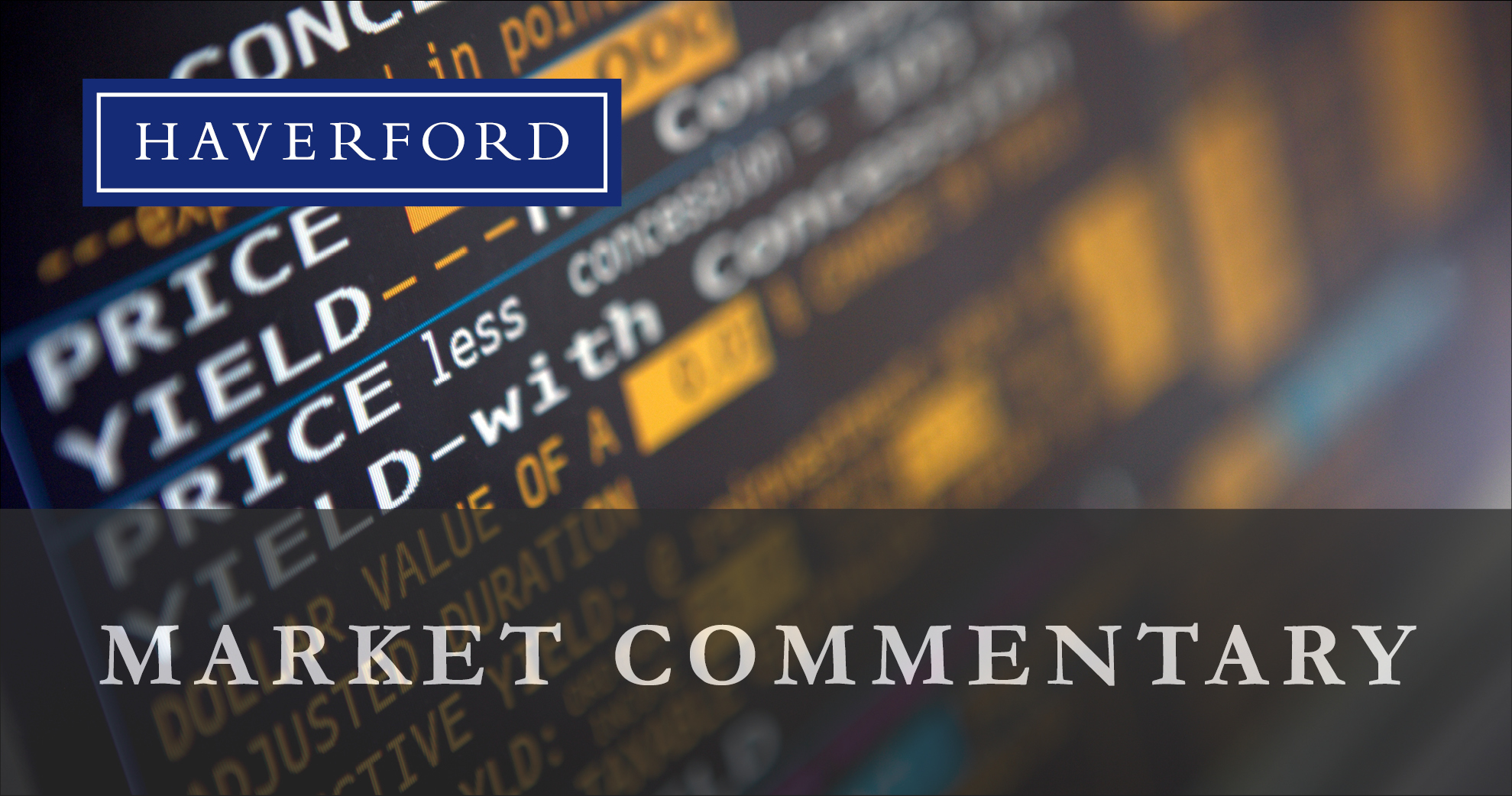Dividends Matter
By: Tim Hoyle, CFA, Chief Investment Officer
We are just about halfway through third quarter earnings season. The companies who have reported thus far represent close to 75% of total market capitalization in the S&P 500. FactSet Earnings Insights estimates that when all is reported, third quarter earnings will have grown at a rate of 2.2% year-over-year, marking a sharp deceleration from previous quarters. Negative earnings surprises across many sectors have been partially offset by strong earnings from the Energy sector.
So far, there have been many high-profile earnings misses and stock selloffs, including Meta’s (META, formerly Facebook). In the past 12 months, Meta’s market valuation has dropped by $750 billion on a multitude of investor concerns, including the company’s plan to spend hundreds of billions of dollars developing the Metaverse.
We rarely, if ever, use this forum to discuss the merits of individual investments, especially companies that we don’t own in client portfolios. However, Meta’s story adds clarity to our Quality Investing philosophy. Haverford recommends a significant portion of clients’ portfolios consist of quality stocks, and that every individual portfolio company pays a dividend.
We believe that dividends are the ultimate determinant of intrinsic value, and when a company chooses to pay a dividend, they are signaling their intent to be shareholder friendly, respecting the fact that owners deserve not just a return on capital, but also a return of capital. Dividends also provide investors with an objective measure of health and value, they can’t be manipulated, and they potentially provide a cushion in down markets and a hedge against inflation. Finally, and most importantly, when considering Meta’s recent collapse in value, dividends impose capital discipline.
In my opinion , a focus on capital discipline is what investors are craving to hear from Meta’s CEO Mark Zuckerberg. The underlying fundamentals of Meta’s business aren’t that bad, but their obsession with a moonshot to the metaverse regardless of the costs has completely eroded investor confidence. “I made a mistake here. I was wrong. I trusted this management team. That was ill-advised,” said CNBC’s Jim Cramer after Meta’s earnings call. “The hubris here is extraordinary, and I apologize.”
Would a dividend have saved Meta’s investors from losing three quarters of a trillion dollars? No. But a little capital discipline can go a long way in shoring up investor sentiment, and a profitable company’s commitment to a dividend signals just that.
What does a dividend not signal? That corporate growth is over. There is an investment fallacy that states that fast growing companies shouldn’t pay dividends. We believe quality companies can pay a dividend and grow at the same time. One need look no further than two of the most valuable companies in the world: Apple and Microsoft.
Both companies were labeled by skeptics as ex-growth following their dividend initiations, but the reality couldn’t have been further from the truth. Since first announcing a dividend in the September quarter of 2012, the market value of Apple has increased by $2 trillion while making cumulative dividend payouts of $131 billion. Microsoft has added over $1.5 trillion in market value since September 2004, when the company first initiated a dividend. During that time, Microsoft has paid out more than $170 billion in dividends.
In a universe of thousands of investable stocks, highlighting just a few could rightly be described as anecdotal. But we believe the empirical data is on our side. Numerous studies have shown that dividend growers generate above-average risk-adjusted returns over time[1]. However, dividend payers are not a panacea. While we believe that a dividend payment improves the odds of capital discipline, it is not a guarantee. AT&T is a recent example of a dividend paying company that made poor empire-building decisions that ended up destroying shareholder value. Their 2018 purchase of Time Warner and subsequent spin-off into Discovery earlier this year destroyed tens of billions of dollars.
While there is no fool-proof investment strategy, we believe sticking with dividend payers increases an investor’s long-term probability for success.
[1] The results of one such study done by Professor Kenneth French can be found here: Kenneth R. French – Data Library (dartmouth.edu) and here: Do Dividend Stocks Outperform? | Seeking Alpha. The summary of Ned Davis Research results can be found here: Dividend-Paying Stocks for the Long Run – Investing Daily
